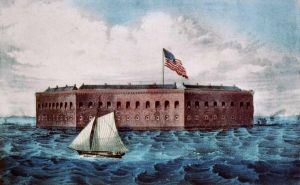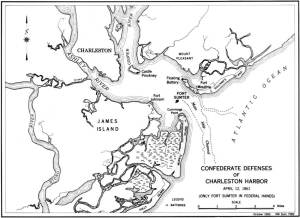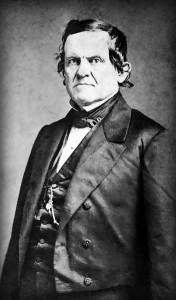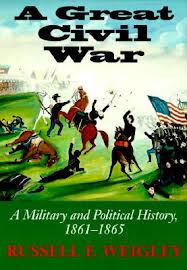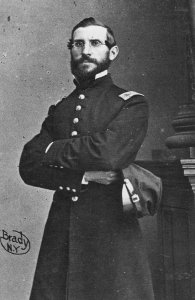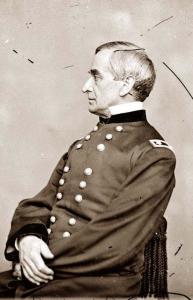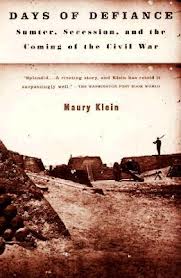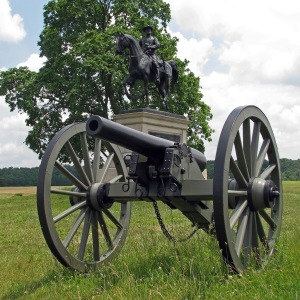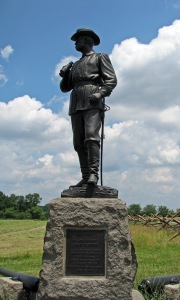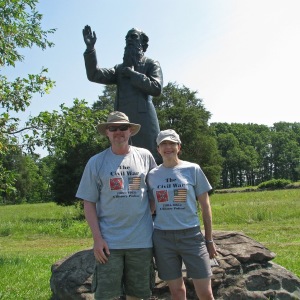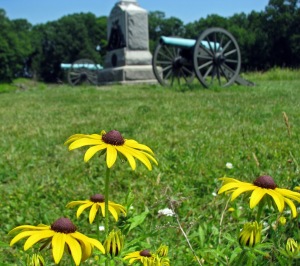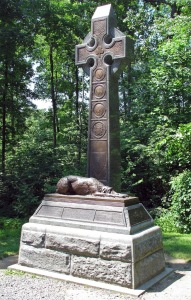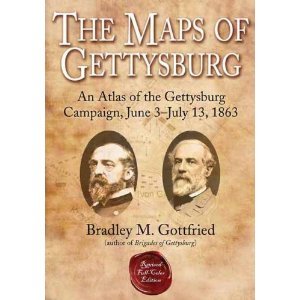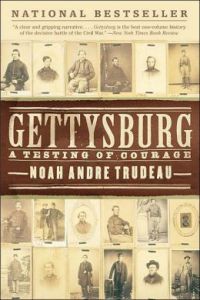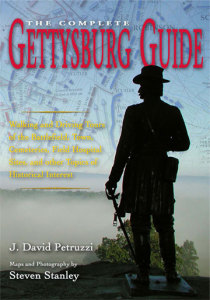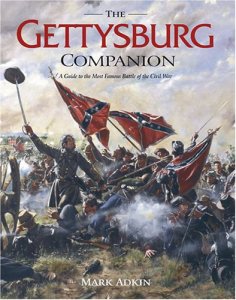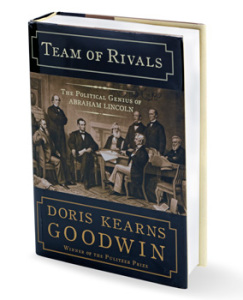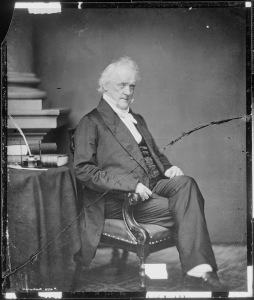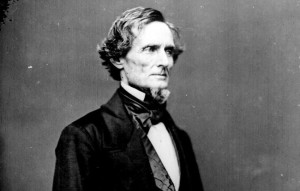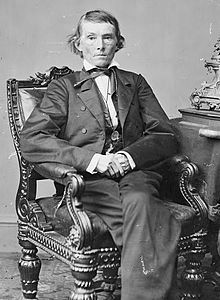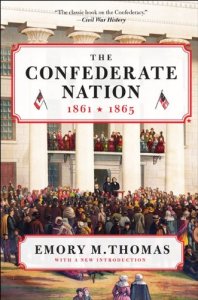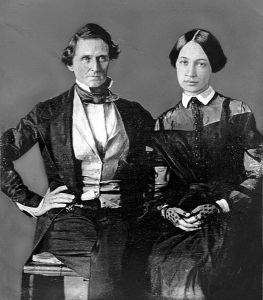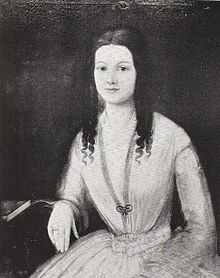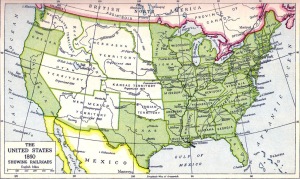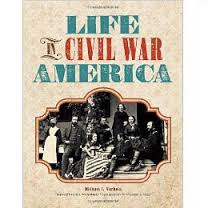FORT SUMTER (Part the Second)
In which we continue our discussion of the events surrounding the growing crisis over the possession of Fort Sumter in Charleston harbor.
Our book recommendation for this episode is A Great Civil War: A Military and Political History, 1861-1865 by Russell F. Weigley
“Readers will find much to debate in this book- including its interpretations of Ulysses S. Grant and Robert E. Lee, its implication that a superficially united Confederacy was doomed to defeat, and its affirmation that, because of emancipation, ‘the Civil War calls for a rethinking of the attitude… that war is always futile, that its rewards never match its costs, that any conflict [must be] immediately decisive and virtually without loss of American lives.” ~ Gary W. Gallagher
Listen to Episode 31: FortSumterPartSecond

